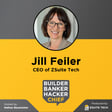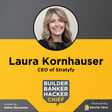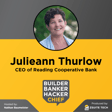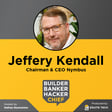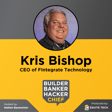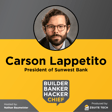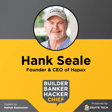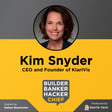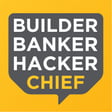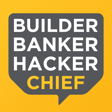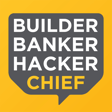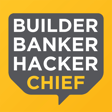
Tim Hamilton – Learning on the fly, the difference between technicians and managers, and the miracle of collective human action | Episode 8
Welcome to episode eight of Builder, Banker, Hacker, Chief! Joining me today is Tim Hamilton, Founder and CEO of Praxent.
On this show, I’m unpacking the stories, decisions, and influences that make people successful leaders. Even among long-time CEOs, it’s rare to find one who has been running his own company since he was 16. Tim is a first-generation immigrant to the US who has been building with technology since the late 90s.
My name is Nathan Baumeister; I am the Co-founder and CEO of ZSuite Tech and the host of this podcast.
Leaders often talk about their early failures in business and how those paved the way for future success. Tim experienced almost a decade of unimpeded success before things got messy. Rather than pack up shop and do something else, Tim bet on his passion for learning. Today, he’s leading an IT consulting firm building digital products for major players in the fintech, real estate, insurance, and wealth management industries.
Praxent is known for their core values, often referred to as CAN DO, which stands for Care Deeply, Always Deliver, Never Settle, Do It Together, and Own The Outcome. Their high-integrity approach to partnerships has positioned them to help usher in the next wave of digital finance technology.
Tim is a voracious reader, perpetual learner, and a consummate builder. But above that, he’s dedicated himself to solving the human challenges that impede progress, not just the technical ones.
Resources:
Tim’s recommendations:
Turn the Ship Around!: A True Story of Turning Followers into Leaders
Connect:
